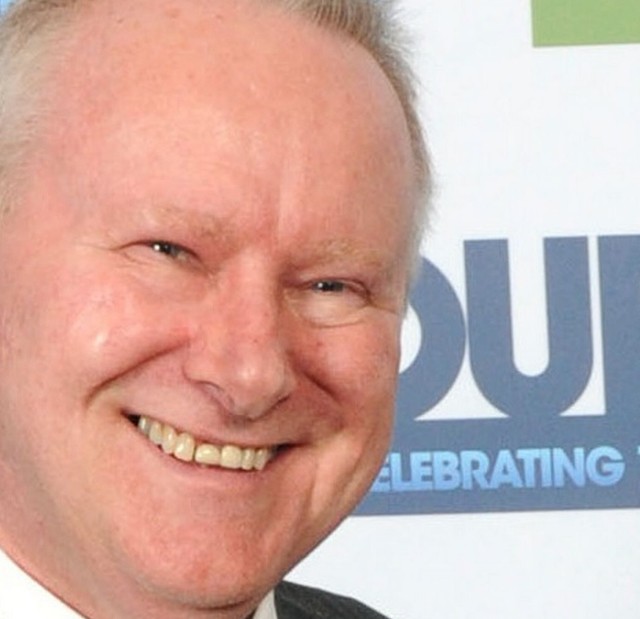In a bipartisan vote being hailed by advocates as a crucial first step toward enacting marriage equality in Scotland, members of the Scottish Parliament voted 98-15 to move an equal marriage bill forward to a parliamentary committee.
The vote, which took place Wednesday night in Scotland, essentially passed the Marriage and Civil Partnership (Scotland) Bill on its first reading, allowing the legislation to move to the Parliament’s Equal Opportunities Committee, where lawmakers will consider amendments, before seeking a final vote from members of parliament, likely in early 2014. If the bill passes out of committee and through its third reading before the full parliament, same-sex couples could begin marrying in Scotland next year.
“Tonight the Scottish Parliament voted by an overwhelming majority to back same-sex marriage and uphold the principle that we should all be equal under the law,” said Tom French, policy coordinator for the Equality Network, which launched the United Kingdom’s first major marriage equality initiative, Equal Marriage, in 2008.
“This vote is a huge step forward which will send out a strong message that LGBT people are equal and valued members of our society. While there is still more work to do to improve the bill and ensure it becomes law, LGBT people across the country will be celebrating this significant milestone in the journey towards full equality.”
Scottish lawmakers spoke in support of the legislation, calling it “the right thing to do,” according to the BBC. Scotland, as part of the United Kingdom, has allowed gay and lesbian couples to enter into civil partnerships since 2005.
Same-sex couples in England and Wales can begin marrying next year, as a result of recently passed legislation.
Although polls show a majority of Scots support marriage equality, both the Catholic Church and Church of Scotland oppose the legislation. A religious exemption in the bill would allow faith-based organizations and clergy members to default to rejecting same-sex couples, requiring that a faith community “opt in” to perform ceremonies for gay and lesbian couples.
While lawmakers opposed to the legislation contended that the bill’s religious exemptions weren’t strong enough and that the law’s premise would bring about the decline of modern moral society, some politicians were more supportive.
“This legislation does not in any way redefine our own marriage,” Scottish health secretary Alex Neil said, according to the Washington Blade. “What it does do is extend the eligibility of marriage.”
Author: Sunnivie Brydum
Publication: Advocate.com
Date: 20 November 2013
Read original article here

